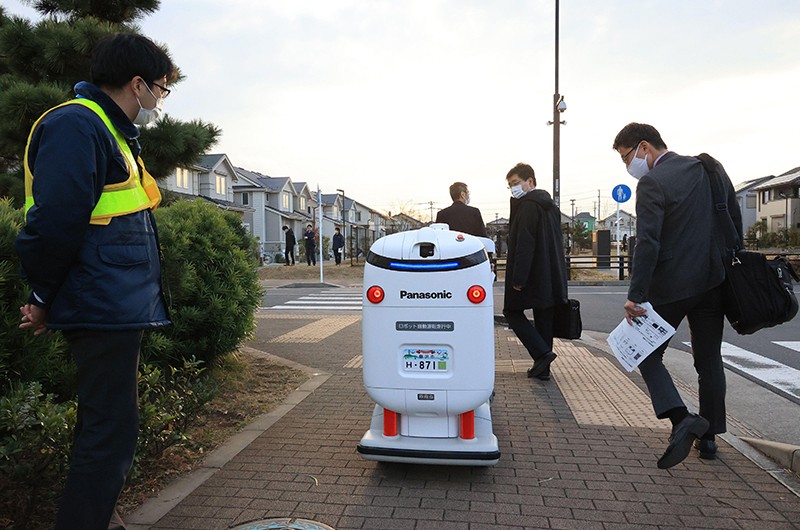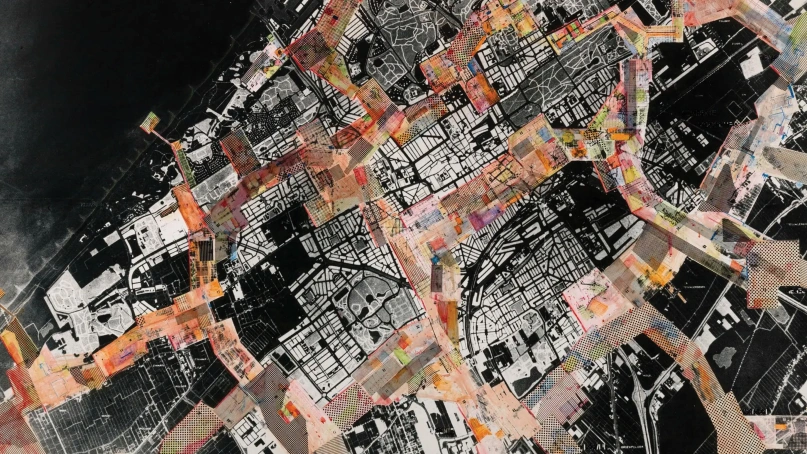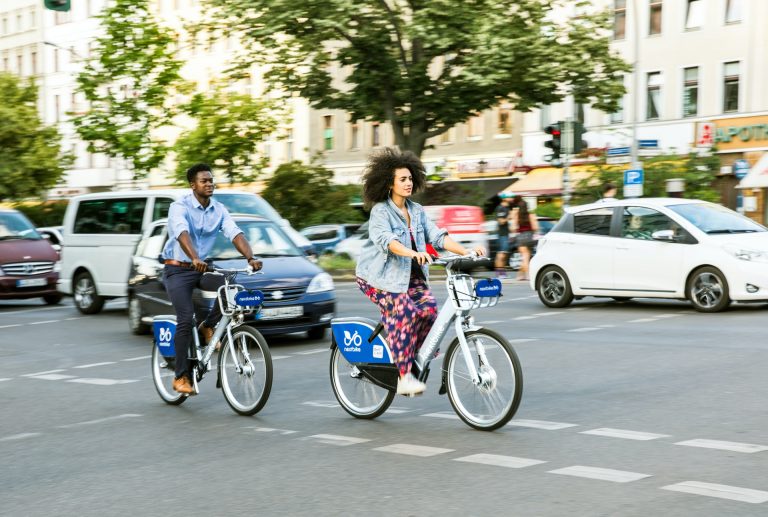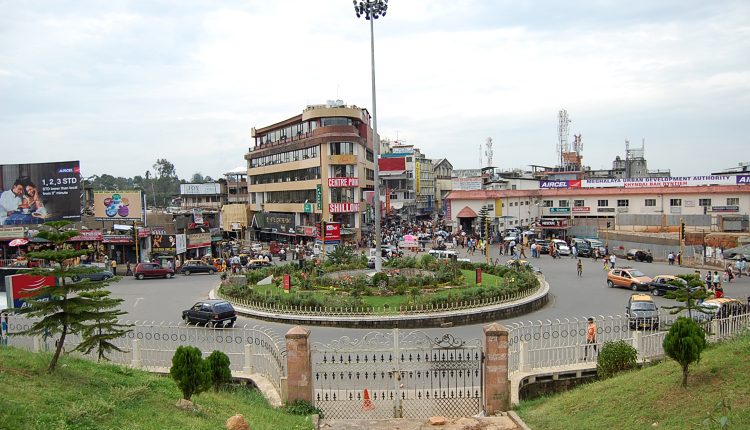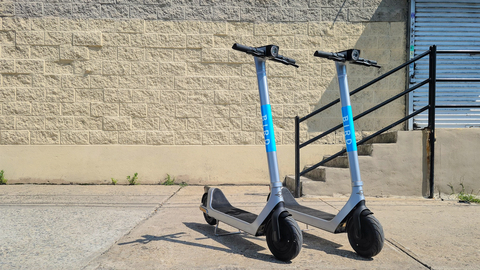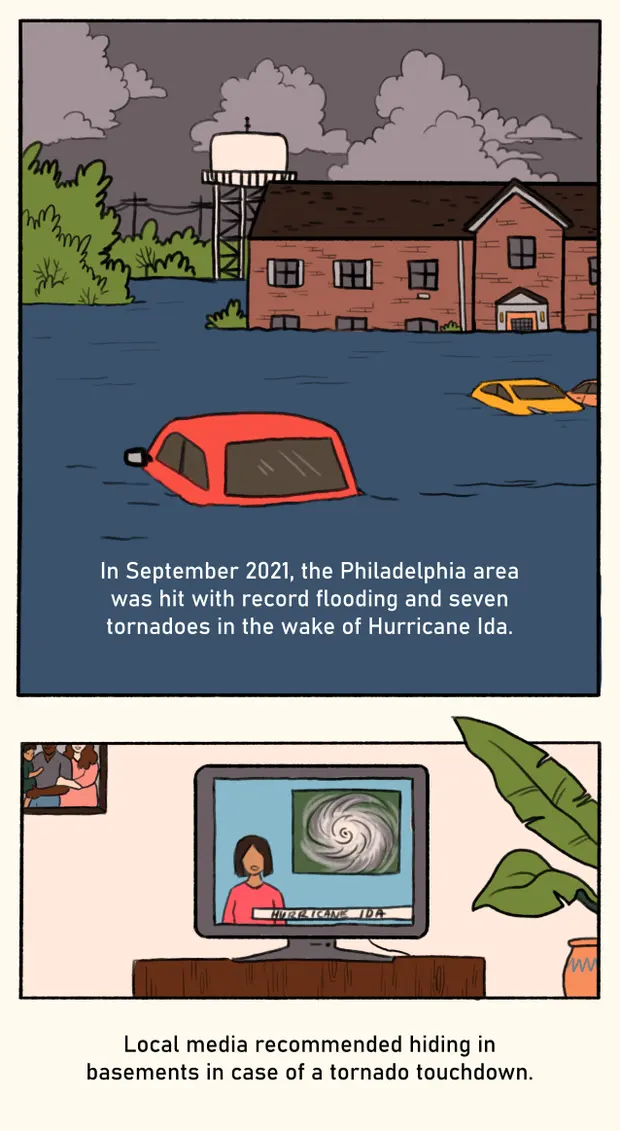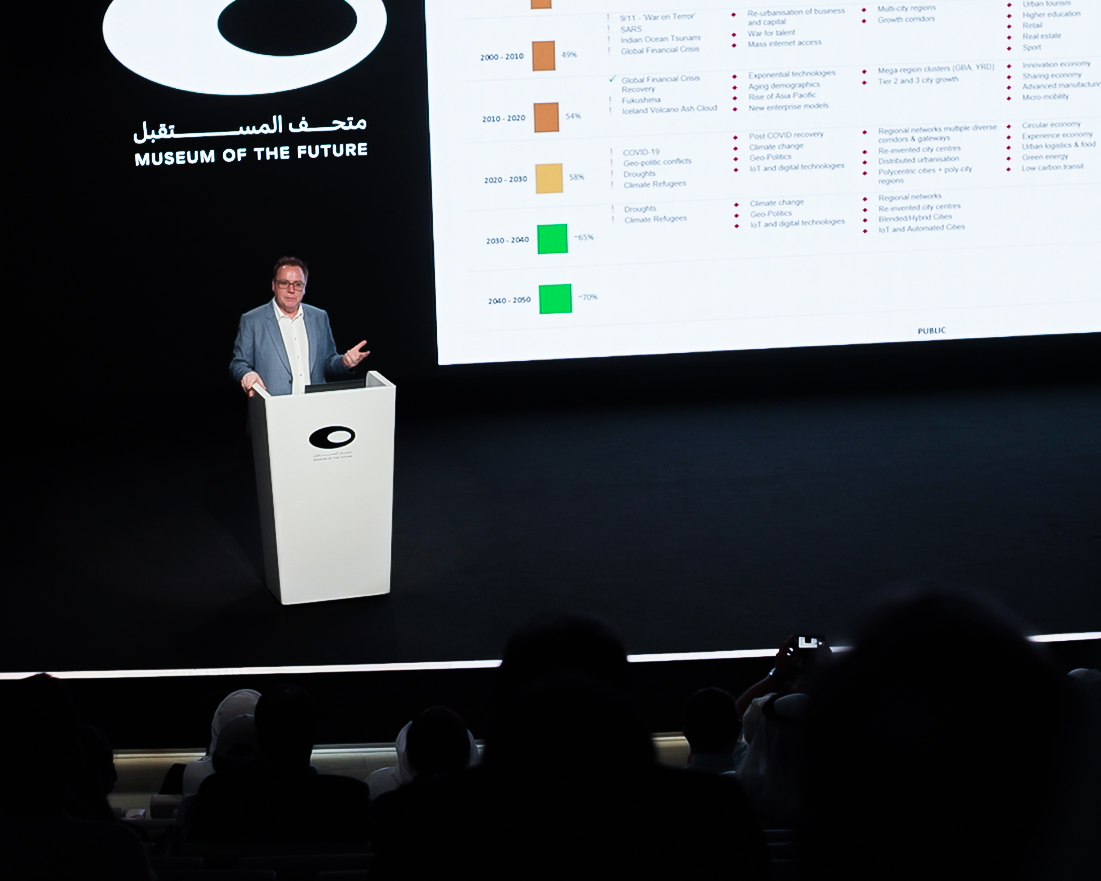
The analyst highlights New York’s current state, critical challenges, key growth metrics, digital economy, and COVID-19 impact on mobility in this brief profile. The study analyzes government strategies to overcome challenges, initiatives toward smart city mobility, EV strategy, and sustainable mobility by enhancing public transit systems and infrastructure.
New York authorities are driving efforts to address present challenges while focusing on longer-term goals. With the emergence of connected, shared, autonomous, and electric mobility approaches, the city is embracing dynamic mobility service changes. It is investing in digital infrastructure while creating a collaborative environment between industry consortiums and financial investors.
Rapid urbanization, high private vehicle density, obsolete infrastructure, and transportation-related emissions are increasingly stressing the urban mobility ecosystem. Cities worldwide are responding by developing more sustainable, seamless, and integrated transport systems. They are also building the necessary regulatory and infrastructure framework required to support smart mobility systems.
Other smart city focus areas include driving future employment opportunities, developing equitable communities, and offering a high living standard through efficient digital and connected services. Examining new mobility solutions, autonomous vehicle readiness, digitization, logistics performance, policy and regulatory framework, and transport landscape and vision will enable stakeholders to measure smart city initiatives’ success.
+INFO: Business Wire





